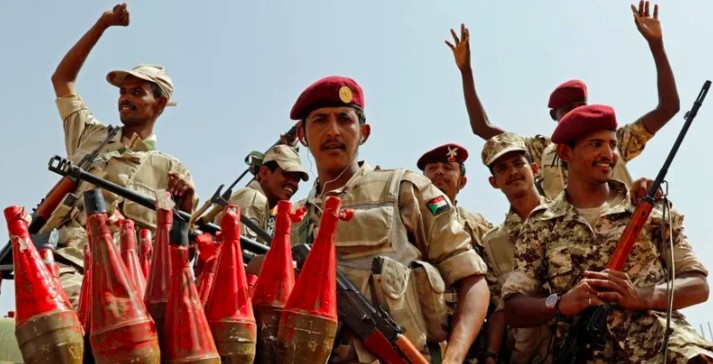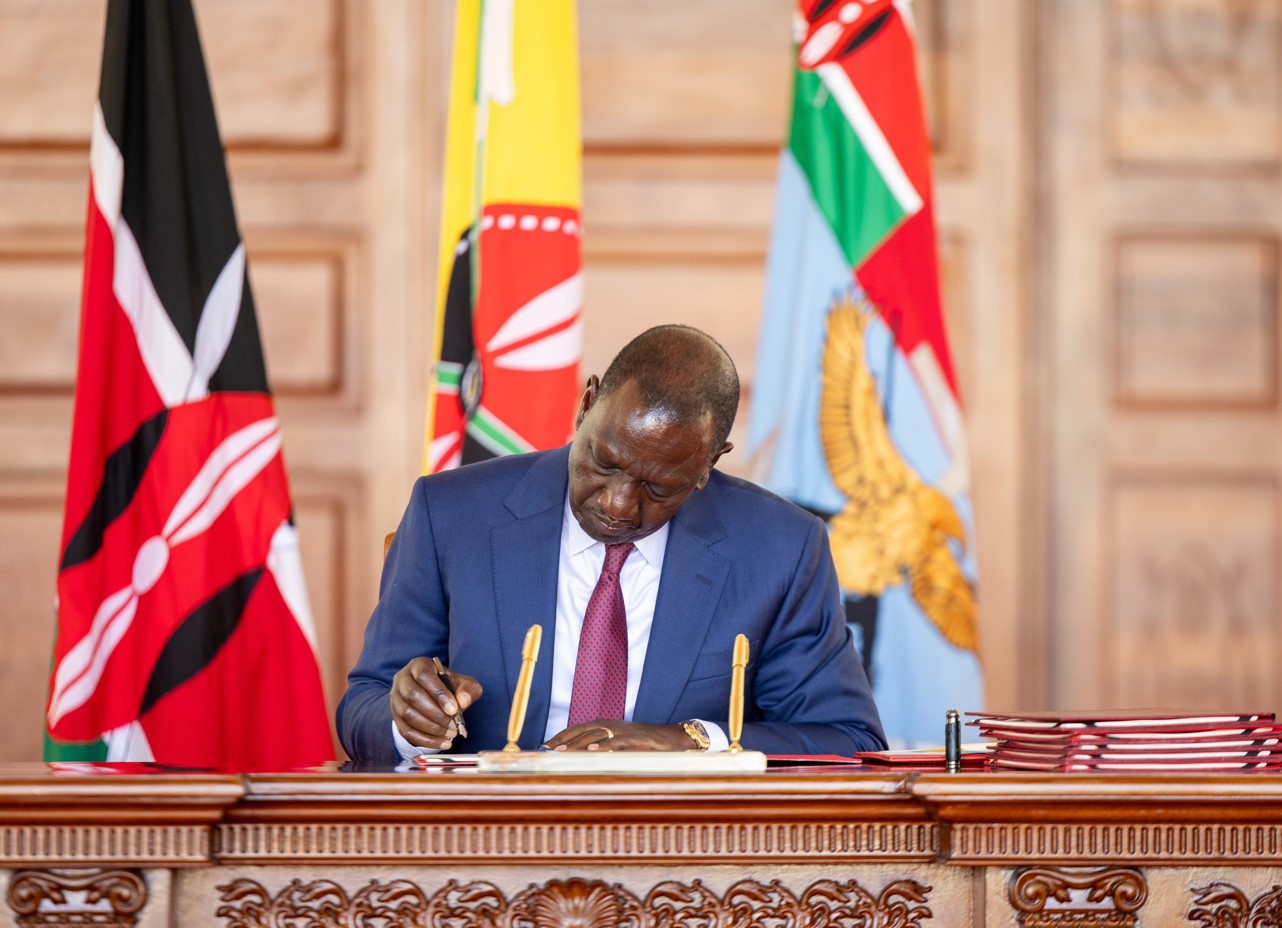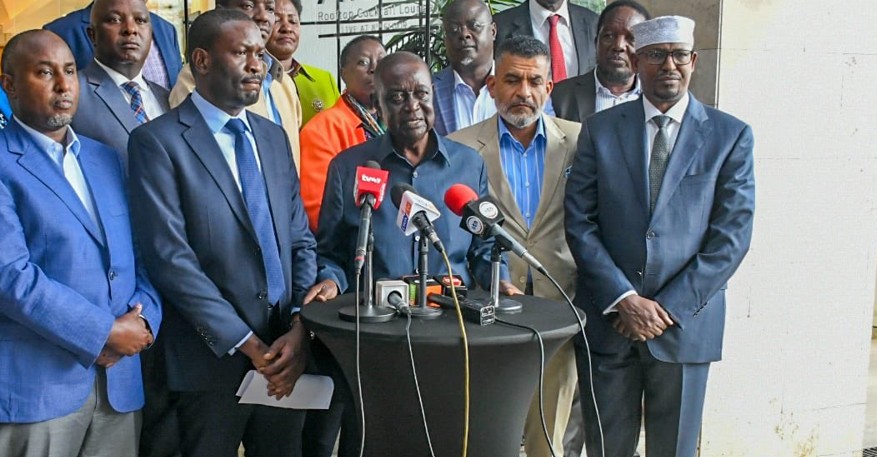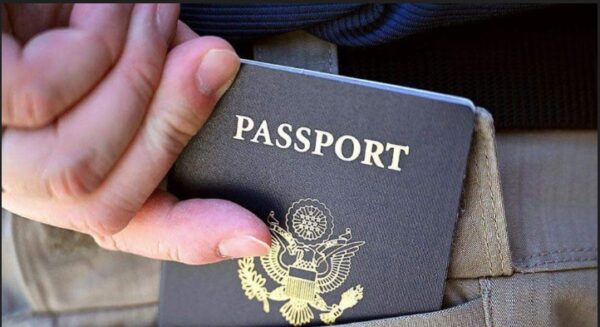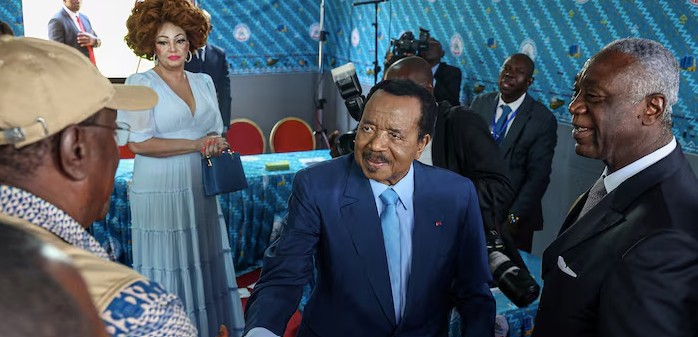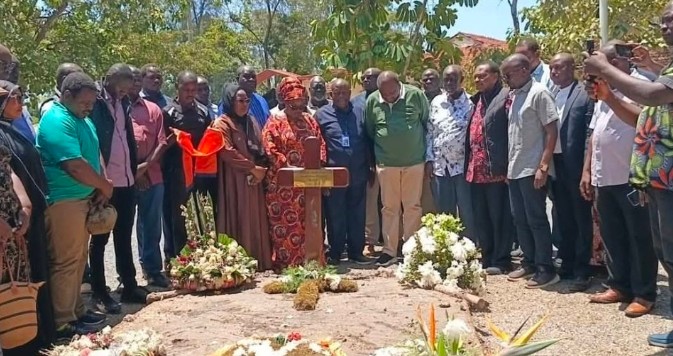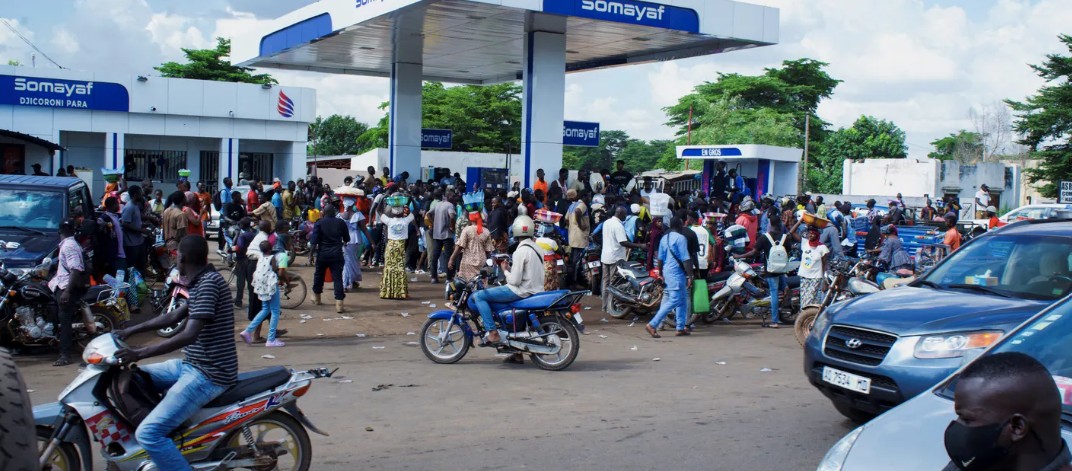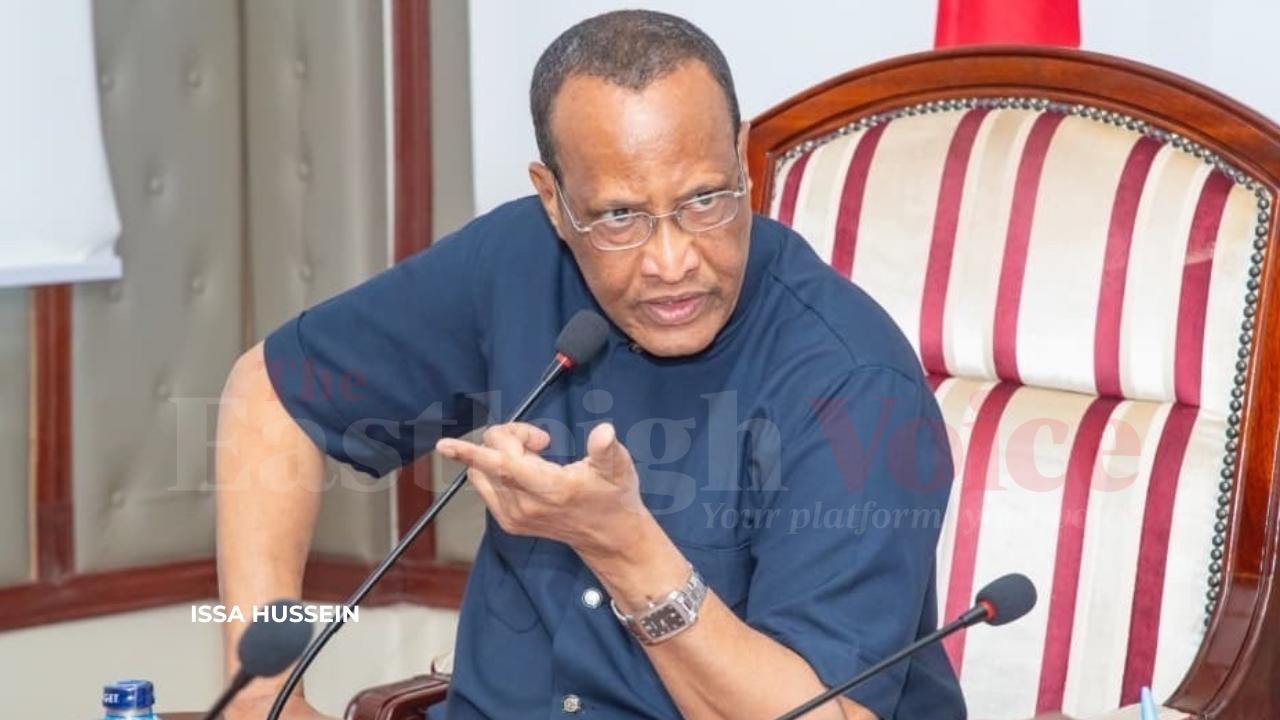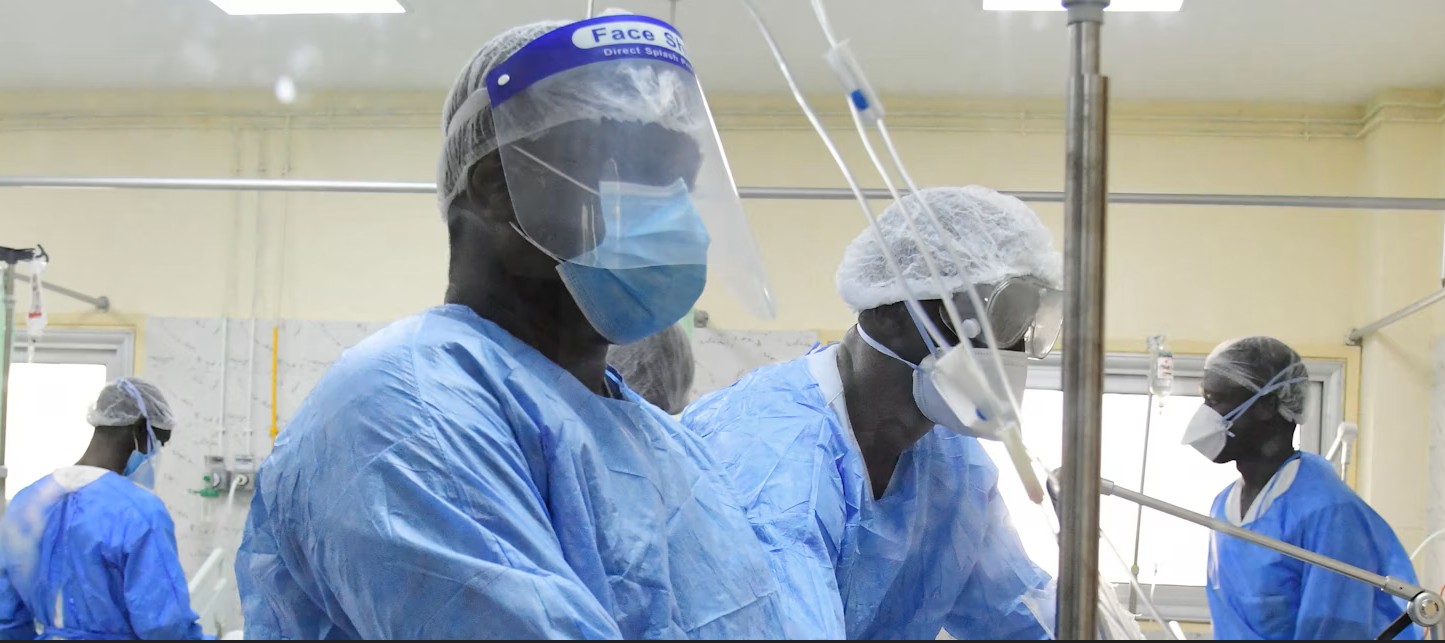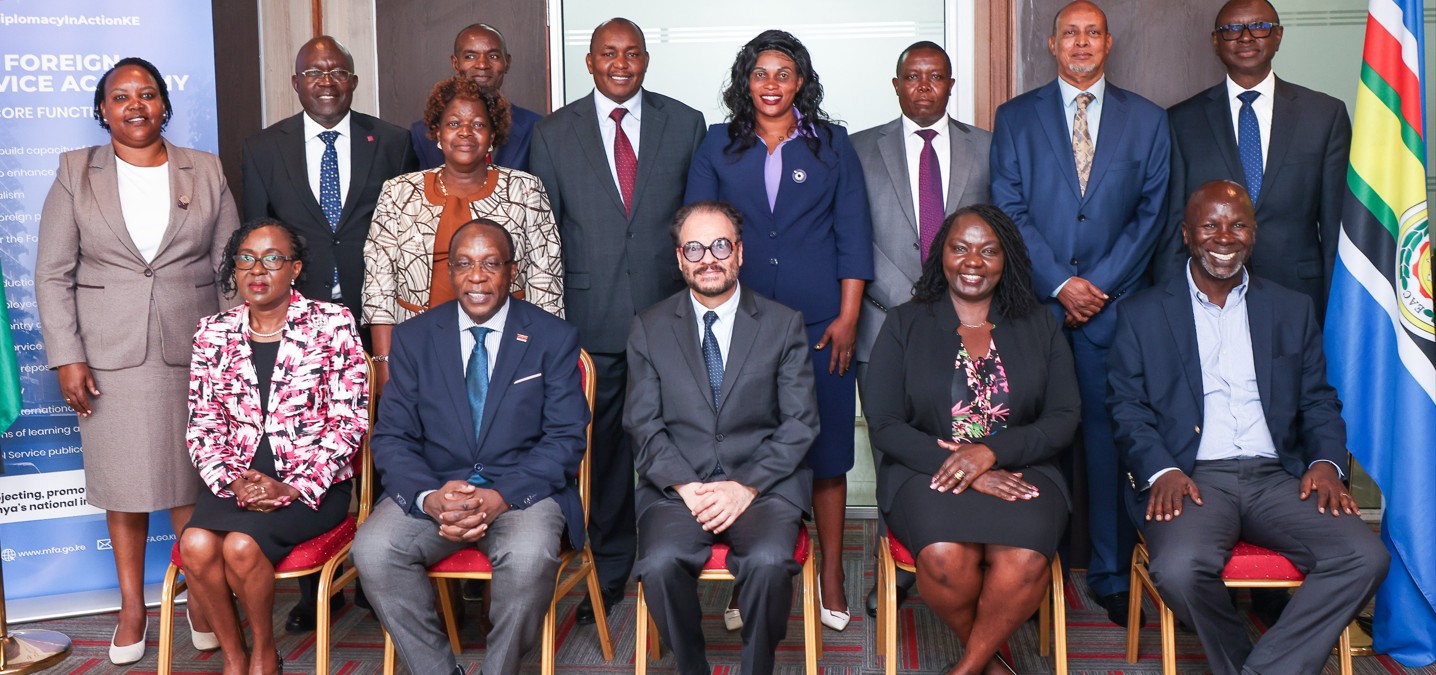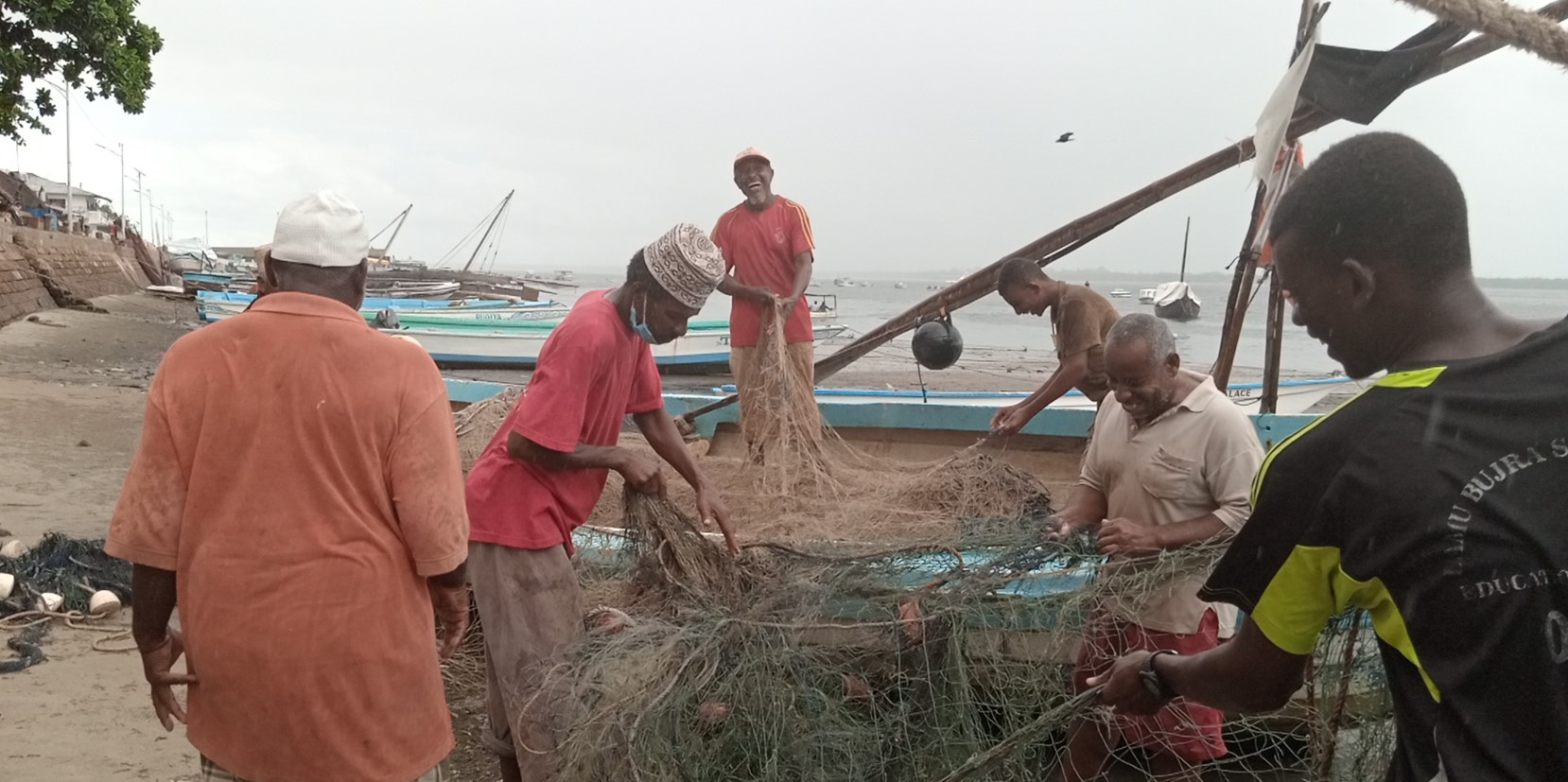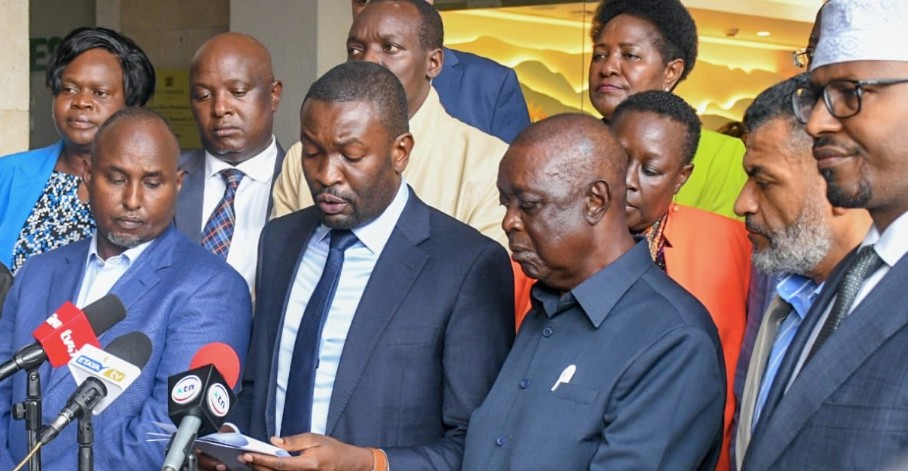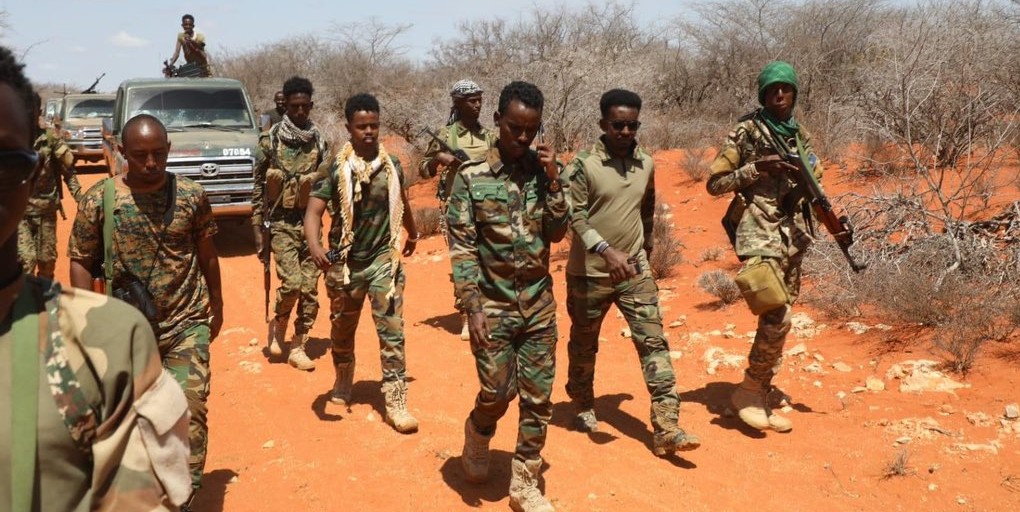Relief for Somalia as Russia announces cancellation of $48.1 million debt
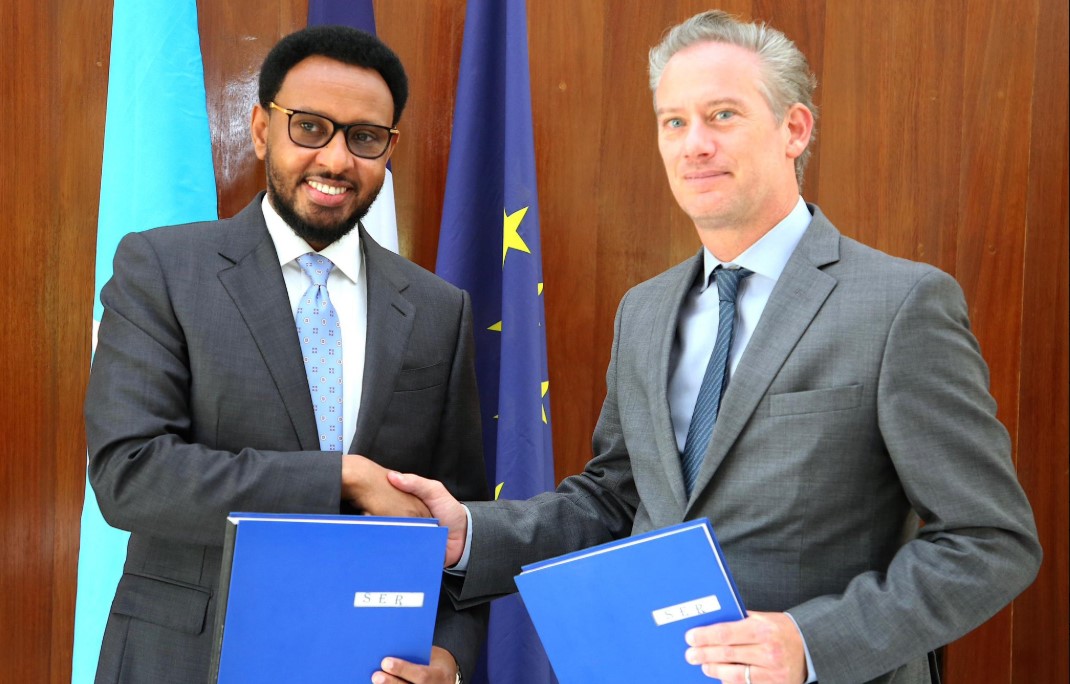
With international cooperation and a commitment to reforms, Somalia is poised to rebuild its economy and improve the lives of its citizens.
Russia has joined a growing list of countries writing off Somalia's debts, offering the Horn of Africa nation critical relief to focus on development.
The Russian government announced the cancellation of $48.1 million in debt, including accumulated interest from loans given by the Soviet government before October 1, 1984. The move, documented on the Russian legal regulations website, represents a step toward strengthening bilateral relations between the two countries.
More To Read
- IMF questions Kenya’s exchange rate policy amid new funding negotiations
- Report paints Africa’s grim reality on poverty, inequality reduction
- IGAD Chief urges action over irregular migration, joblessness in Horn of Africa
- Egypt inches closer to troop deployment in Somalia amid regional tension
- IMF revises Kenya’s 2025 growth forecast upward to 4.8 per cent
- Kenya’s foreign exchange reserves hit all time high on new Eurobond
This debt relief is expected to allow Somalia to reallocate resources toward development priorities such as infrastructure, education, and healthcare.
Russia's decision follows similar actions by other nations, including the United States, France, Japan, and international financial institutions.
On November 5, Somalia reached a landmark agreement with the United States to cancel a $1 billion in debt. The Somali Minister of Finance, Bihi Egeh, signed the agreement with US Ambassador Richard Riley in Mogadishu.
According to Somalia's official news agency, Sonna, the deal cancels $1.14 billion of Somalia's debt to the US.
Economic reforms
Bihi stressed Somalia's commitment to economic reforms as part of the International Monetary Fund (IMF)-driven programme.
"We thank the United States and the American people for their continued support in the field of economic development and reforming the financial system in the country," Bihi said.
On his part, Ambassador Riley praised Somalia's progress.
"This debt relief reflects the US's belief that a safer, more prosperous Somalia will benefit both nations," he said.
IMF and World Bank Write Off $4.5 Billion
In December 2023, the IMF and the World Bank approved $4.5 billion in debt forgiveness for Somalia under the Heavily Indebted Poor Countries (HIPC) initiative. This programme, launched in 1996, aims to assist the world's poorest nations to achieve debt sustainability.
"The debt relief will facilitate access to critical additional financial resources that will help Somalia strengthen its economy, reduce poverty, and promote job creation. Following HIPC completion point, Somalia's external debt has fallen from 64 per cent of GDP in 2018 to less than 6 per cent of GDP by the end 2023," IMF and World Bank said in a statement.
Somalia's government welcomed the development, describing it as an important step in the country's economic recovery.
Support Somalia's recovery
On December 2, France announced the cancellation of $145.6 million of Somalia's debt. This move aligns with the HIPC initiative and contributes to easing Somalia's financial burden, enabling the country to focus on development and reforms.
France's decision was described as part of the ongoing international efforts to support Somalia's recovery.
Somali officials expressed optimism about the opportunities this relief provides for economic stability and growth.
Japan became another key contributor to Somalia's debt relief on November 7.
Deputy Head of Mission Ogihara Hiroshi announced Japan's decision to write off Somalia's debts during a meeting with Somali Finance Minister Bihi Egeh in Nairobi.
The debt write-off was described as a historic opportunity for Somalia to embark on a path to economic reconstruction, poverty reduction, and inclusive growth after decades of conflict, fragility, and state fragmentation.
According to the Somali Finance minister, this decision is expected to unlock concessional and climate financing, revive investor confidence, and restore correspondent banking to bolster cross-border transactions and integration into the global financial system.
The collective debt cancellations from Russia, the United States, France, Japan, and multilateral institutions mark a turning point for Somalia. Decades of conflict, instability, and financial challenges have hindered the country's growth. These initiatives provide Somalia with the resources and opportunity to focus on sustainable development and poverty reduction.
The debt relief initiatives have also reduced Somalia's external debt to less than 6 per cent of its GDP, setting the stage for new investments and economic opportunities.
With international cooperation and a commitment to reforms, Somalia is poised to rebuild its economy and improve the lives of its citizens.
Top Stories Today
